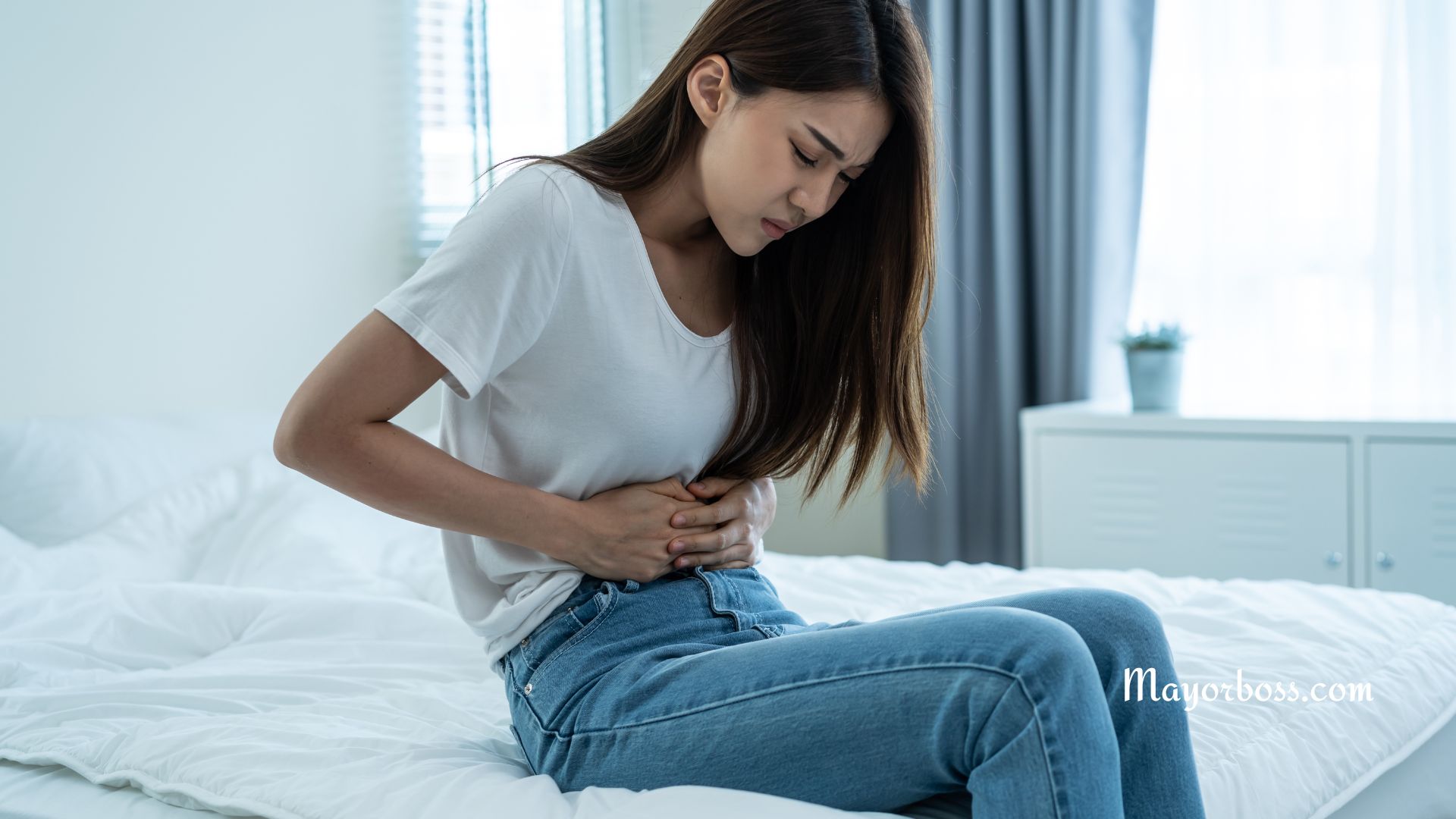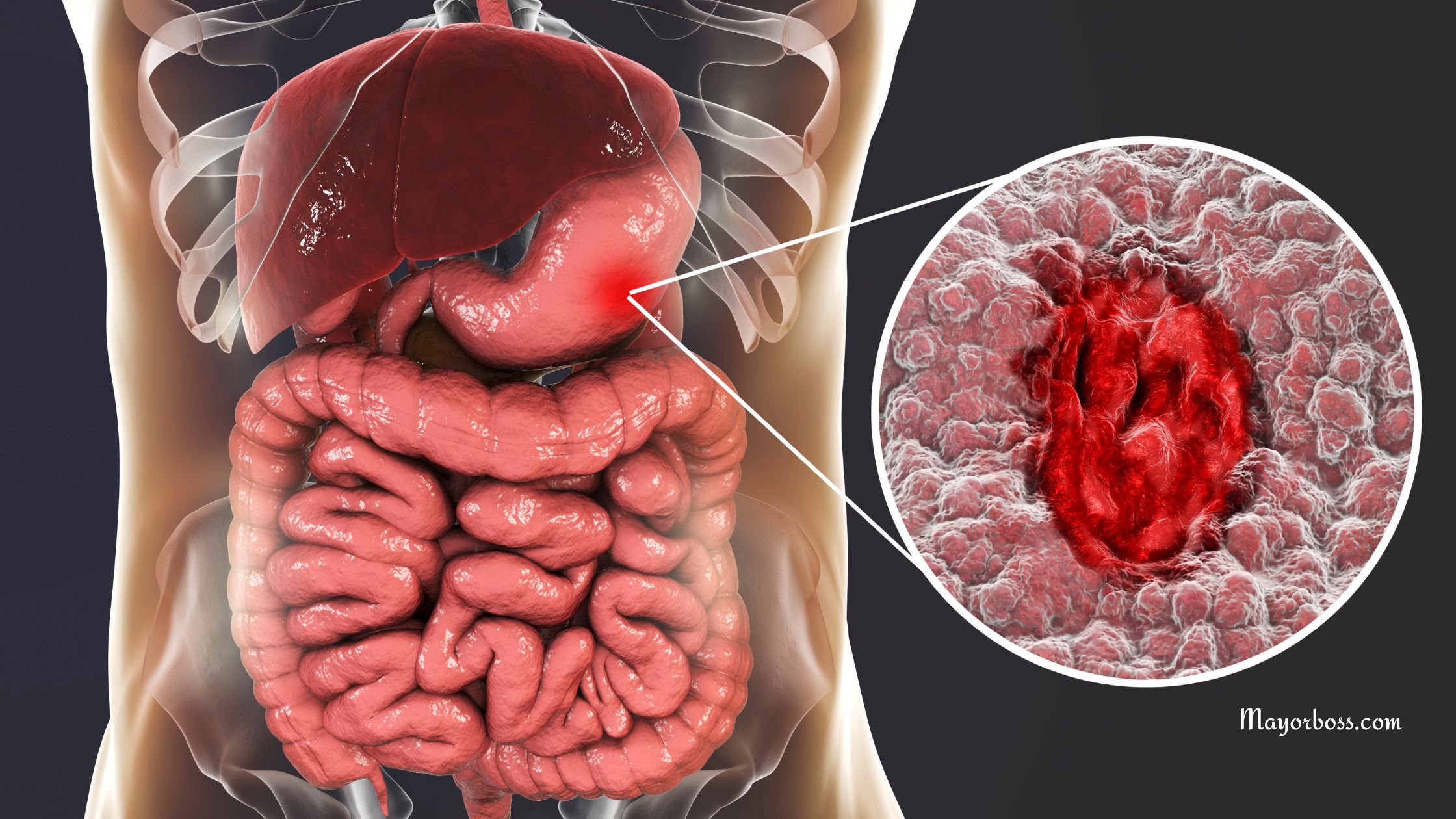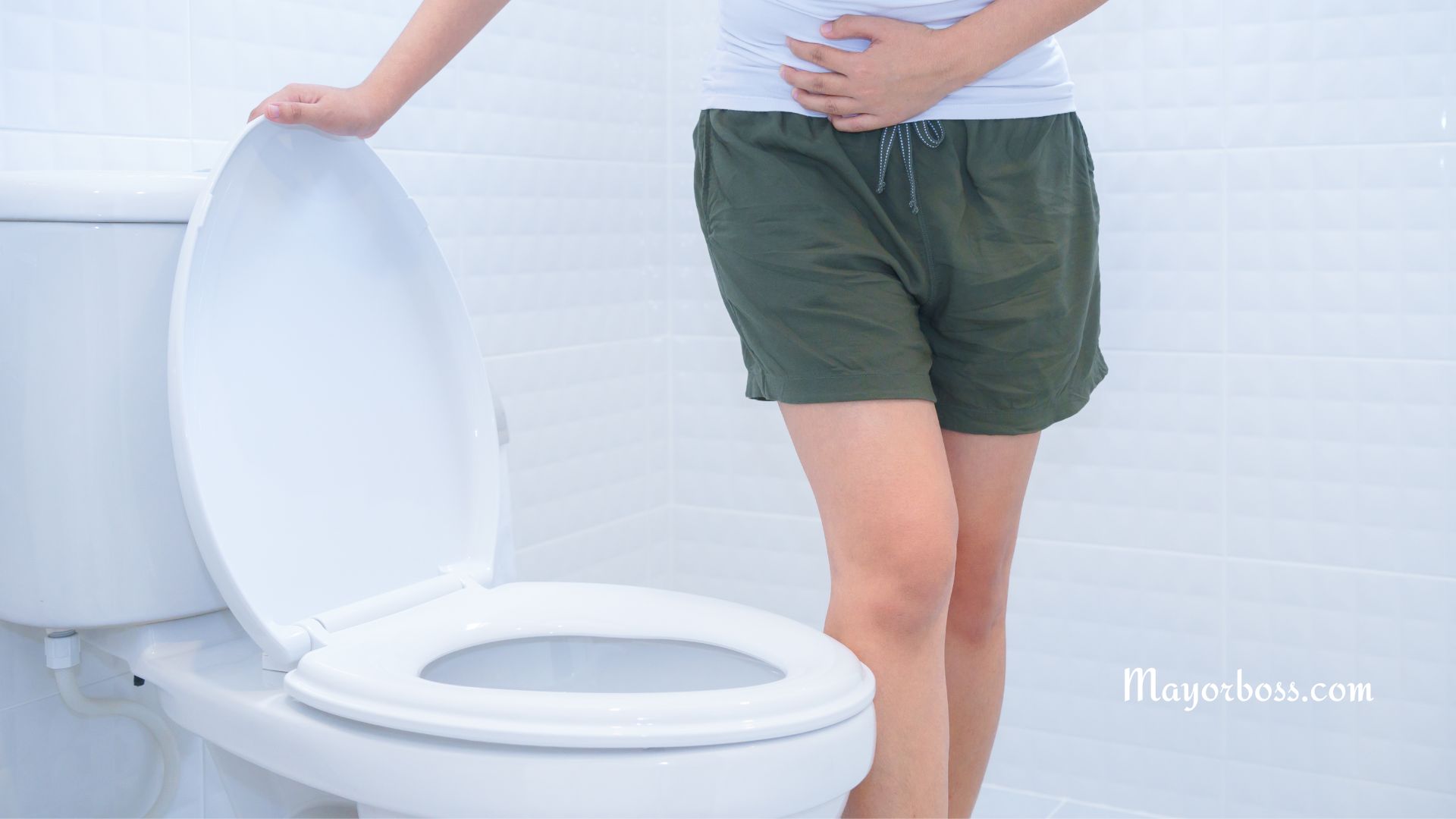Gastroenteritis: What Is It and How Do You Treat It?
Gastroenteritis, often known as stomach flu, is a condition that causes your stomach and intestines to get inflamed. A virus usually causes it, but bacteria and parasites also cause it. Symptoms include diarrhea, vomiting, and stomach cramps, and they usually last for a couple of days. Staying hydrated and eating bland foods can help you feel better.
What Is Gastroenteritis?
Gastroenteritis is a common problem that affects the stomach and intestines. When these parts of your body get inflamed, it can make you feel pretty sick. You might hear people call this condition “stomach flu,” but it’s not really the flu at all.

How Do You Get It?
Most of the time, gastroenteritis is caused by a virus such as rotavirus and norovirus. However, bacteria and parasites can cause it too. If you eat food or drink water that’s contaminated, you might get sick. This is called food poisoning. Also, being close to someone who has the virus can spread it to you.
Symptoms
When you have gastroenteritis, you might experience:
- Diarrhea: Your bowel movements become loose and watery.
- Vomiting: You might feel like throwing up, and sometimes you will.
- Stomach Cramps: Your stomach might feel sore and cramped.
- Fever: Sometimes, you might run a little fever.
How Is It Diagnosed?
According to the National Library of Medicine, gastroenteritis can be diagnosed through a medical examination and asking you about your symptoms. Sometimes, a stool sample might be tested to find out what’s causing your sickness.
Treatments for Gastroenteritis
The good news is that gastroenteritis usually goes away on its own. However, it’s essential to take care of yourself while you’re sick.
Home Care and Self-Treatment
Often, gastroenteritis can be treated at home with some simple steps.
Stay Hydrated
- Drink Fluids: The most crucial part of treating gastroenteritis is staying hydrated. Since you might lose a lot of fluids from vomiting and diarrhea, you need to drink plenty of liquids like water or electrolyte solutions.
- Avoid Certain Drinks: Stay away from milk, soda, or caffeinated drinks as they may worsen diarrhea.
Eat the Right Foods
- Start with Bland Foods: As you begin to feel better, eat easy-to-digest foods like bananas, rice, applesauce, and toast.
- Avoid Greasy, Sugary, or Spicy Foods: These might irritate your stomach more.
Get Plenty of Rest
- Take It Easy: Your body will be busy fighting off the infection, so give it a chance to heal by resting.
Over-the-Counter Medications
Some over-the-counter medications might help, but you should talk to a pharmacist or doctor before using them.
- Anti-Diarrheal Medications: Medications like loperamide (Imodium) can help with diarrhea but use them with caution and according to the instructions.
- Avoid Antacids: These may make symptoms worse.
Medical Treatment
In some cases, you might need to see a healthcare provider. Here’s what they might do:
Prescribe Medications
- Antibiotics: If bacteria are causing your gastroenteritis, a doctor might prescribe antibiotics. But this is not common since most gastroenteritis is caused by viruses.
IV Fluids
- Hospital Treatment: If you’re severely dehydrated, you might need to go to the hospital to get fluids through an IV.
Prevention Is Key
While treating gastroenteritis is important, preventing it in the first place can save you a lot of discomfort.
- Wash Your Hands Often: Especially after using the toilet and before eating.
- Cook Food Thoroughly: Make sure to cook meat and eggs well to kill any harmful bacteria.
- Avoid Contaminated Food and Water: Be cautious, especially when traveling to areas where food and water quality may be questionable.
Takeaway
Gastroenteritis might make you feel miserable for a few days, but it usually doesn’t last long. Taking care of yourself with rest, proper hydration, and eating bland foods can help you recover. Washing your hands, cooking food properly, and being cautious with water are great ways to keep this illness at bay. If your symptoms last more than a couple of days or get worse, it’s always a good idea to see a healthcare provider.






